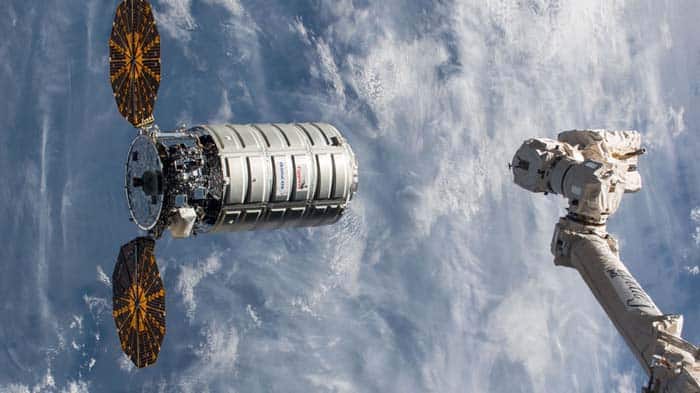Washington: Astronomers have discovered an unusual carbon-rich asteroid in the Kuiper Belt — the first of its kind to be confirmed in the cold outer reaches of the solar system.
This object, designated 2004 EW95, likely formed in the asteroid belt between Mars and Jupiter and has been flung billions of kilometres from its origin to its current home in the Kuiper Belt, the study said.
The researchers found that the asteroid’s reflectance spectrum — the specific pattern of wavelengths of light reflected from an object — was different to that of similar small Kuiper Belt Objects (KBOs), which typically have uninteresting, featureless spectra that reveal little information about their composition.
“The reflectance spectrum of 2004 EW95 was clearly distinct from the other observed outer Solar System objects,” explained lead author Tom Seccull of Queen’s University Belfast in Britain
“It looked enough of a weirdo for us to take a closer look,” Seccull added.
Theoretical models of the early days of our solar system predict that after the gas giants formed they rampaged through the solar system, ejecting small rocky bodies from the inner solar system to far-flung orbits at great distances from the Sun.
In particular, these models suggest that the Kuiper Belt — a cold region beyond the orbit of Neptune — should contain a small fraction of rocky bodies from the inner solar system, such as carbon-rich asteroids, referred to as carbonaceous asteroids.
The new study, published in The Astrophysical Journal, presented evidence for the first reliably-observed carbonaceous asteroid in the Kuiper Belt, providing strong support for these theoretical models of our solar system’s troubled youth.
After measurements from multiple instruments at European Southern Observatory’s Very Large Telescope (VLT), the team of astronomers was able to measure the composition of the object.
The results suggest that it originally formed in the inner solar system and must have since migrated outwards.
IANS

